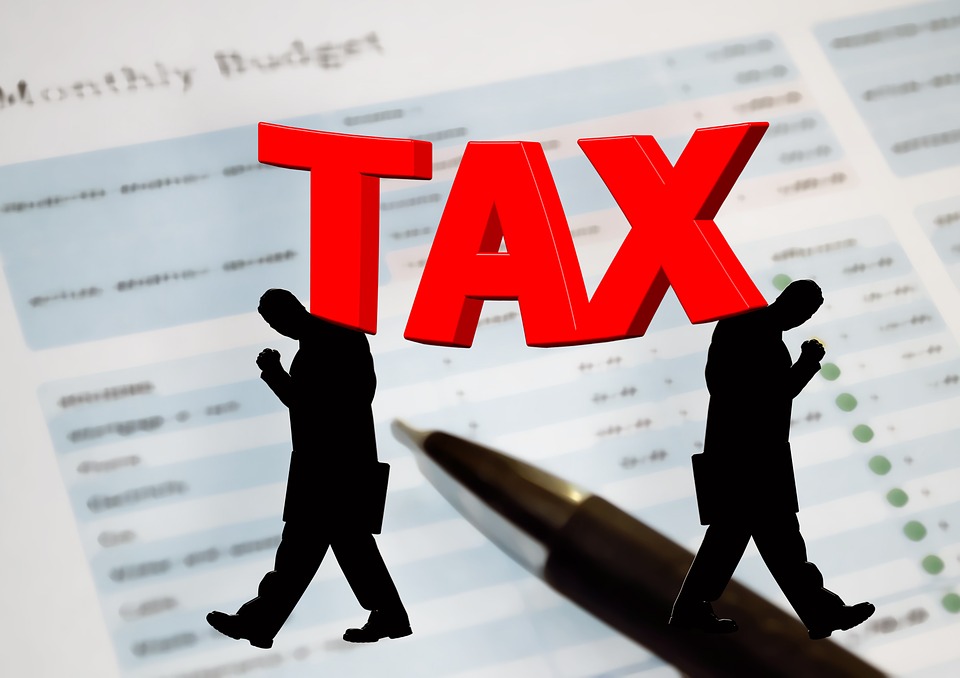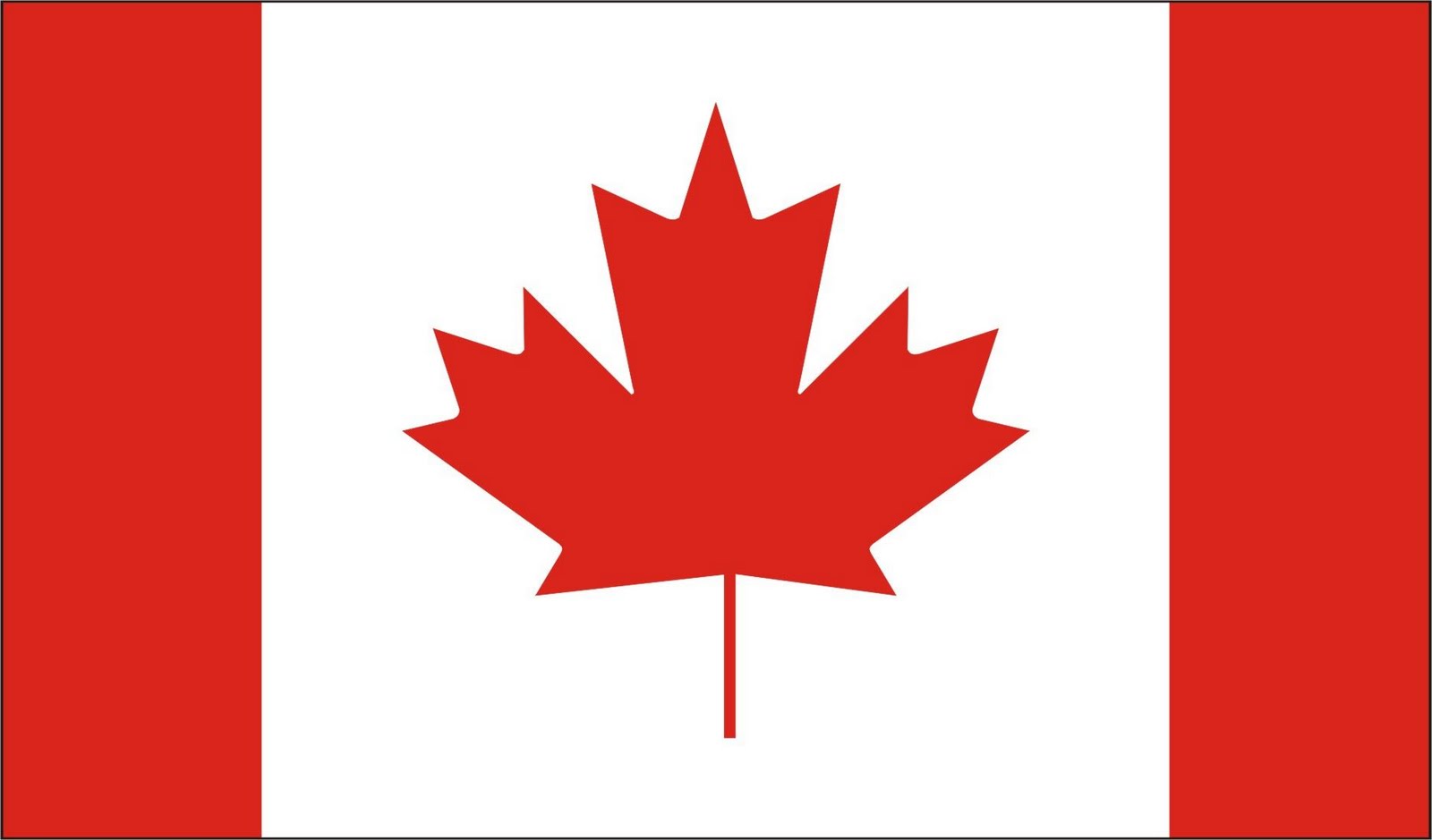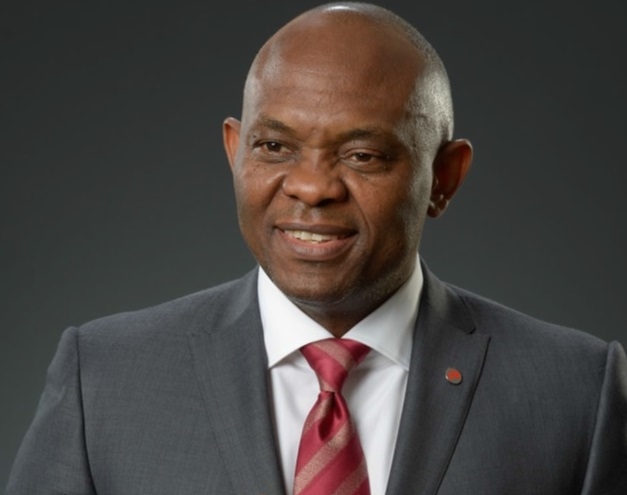ICT
Telecom firms battle multiple taxation
Published
9 years agoon
By
Olu Emmanuel
The issue of multiple taxations in the telecoms industry has become a source of worry and concern to telecom operators in recent times is stating the obvious. Operators are groaning under the weight of multiple taxations which has hindered the development of the sector.
This was a topic for discussion at the 4th Regular Council on Communications meeting held in Kaduna recently, where stakeholders at the meeting lamented the negative effect multiple taxations is having on the growth of the sector.
Expectedly, not a few industry players have expressed dismay over what they described as the deliberate efforts by the government to send them out of businesses.
One of those who raised his voice above the din is the President of the Association of Telecommunications Companies of Nigeria (ATCON), Olusola Teniola.
At the meeting in Kaduna, he expressed concerns on the danger multiple taxation posed to the industry, warning that multiple taxations and multiple regulations are recurring decimals which operators have had to contend with these past years.
While lamenting the poor operating environment, specifically, he said: “We have 26 taxes right now that are impinging on the industry and we were recently told that there are 27 communication services tax to be introduced.
“We don’t want that to happen; we already have too many taxes stiffening the growth of the industry as investors look for friendlier environments. We need government to make the environment more enabling because the sector can create more jobs by bringing in more investments which will translate to more taxes and revenue to government.
“We do not want to stifle ICT and the telecoms sector, which is the goose that is laying the golden egg, particularly because the sector contributes N1.4 trillion per quarter to this country,” he said.
Nonetheless, ATCON, he stressed, will continue to engage with government and the civil society, to ensure that an enabling environment is fostered for foreign direct investment in the industry. “We will also continue to evolve new avenues for youths to get employed because the next generation is really about the digital age and digital transformation; the youths are better placed to take us there.”
Other stakeholders are also of the view that unless the federal government caution agencies saddle with responsibility of collecting tax, the sector would continue to experience “serious problems.”
According to Adede Williams, who is the National President, ATCON, the federal government must caution relevant agencies to address multiple taxations slowing down the growth of the telecom sector. He added that in spite of their cry over multiple taxations, government agencies have turned blind their eyes to their situation, adding that instead, the agencies are introducing more tax burdens on the industry.
“There is the first level tax, which is the federal government, the state government tax and even the community where these base stations are built demand money. The truth of the matter is that government should begin to call the relevant agencies, the state and local government authorities to order and caution them on the incessant taxes,” he said.
“They should make them understand that multi taxing will not do any good to the telecom industry instead all these taxes will go back to the subscribers,” he added.
One of the major reasons adduced for the condemnation of multiple taxations was that if not checked, the end result would have greater consequences on subscribers who will be forced by operators to pay higher tariffs on calls made.
According to William, telecom operators have been the ones bearing the brunt of lack of infrastructures in the country, which he said comes at great financial cost. Therefore over-loading them with multiple taxations might result in the death of the industry.
He however appealed to government to look into some of the challenges facing the operators to enable them heave a sigh of relief.
ALSO SEE: Google urges FG to simplify taxes
“If this is no, the network will become more robust and complains of network failure would be reduced,” he said.
The recent outcry on multiple taxations is sequel to the last year moves by the National Assembly to introduce the Communications Service Tax Bill (CST).
The bill sought to impose charges and collect communication service taxes and fees at nine per cent payable by users of electronic communication services.
The then President of ALTON, Gbenga Adebayo, had campaigned against the introduction, saying it would amount to signaling the death of the sector as operators were already paying about 26 different forms of taxes and levies.
Some of the taxes the mobile operators pay includes national and local taxes on revenues, businesses, business sites and regulatory fees such as spectrum and permits fees.
Though the bill is yet to be passed, the view is that if eventually passed, it would have negative impact on the government by making it more unpopular with the people. Moreover, it will negatively impact on take-up of consumer services and decline industry revenues.
It was also argued that the bill will reduce the incentive for telecommunications operators to invest in the infrastructure improvements that are essential to improve and expand mobile/broadband connectivity across Nigeria.
The ALTON President also observed that telecommunications industry investment in Nigeria is already constrained by multiple taxations and may not have room to contain the tax.
“Today the country has more than 83 million unique subscribers, accounting for 45 per cent of the population. As well as providing access to financial services, education and healthcare to millions of citizens, many for the first time, telecommunications has also played a critical role in reducing transportation, communication and transaction costs.
“Pushing up the cost to consumers, this tax will inevitably adversely impact the adoption of broadband affordability which is a key challenge in connecting the unconnected.
“In addition, the telecommunications ecosystem contributed $8.3 billion in value add to the Nigerian economy in 2014 alone, and operators supported the creation of 164,000 telecommunications growth is a fundamental part of the government’s Vision 2020 plan to consolidate Nigeria’s position as one of the 20 largest economies jobs . Such is its significance, that driving in the world and a central element of President Buhari’s election manifestoes,” Gbenga said.
ALTON is of the view that the introduction and collection of the tax without the exclusion of the applicability of the Value Added Tax (“VAT”) (which was introduced by the Value Added Tax Act and is also applicable to services rendered by service providers in the telecommunication sector) will amount to double taxation as the proposed tax is an additional one on communication services rendered to the same end users who already pay a five per cent tax as VAT.
According to the operators, the introduction of the CST law without the harmonization of other extant laws is likely to make the current government unpopular, as it will put pressure on the Nigerian tax system, which will make it unattractive to investors and may also be counter-productive for targets on broadband penetration.
Instead of laying untoward hardship and heavy burden on an already impoverished citizenry, ALTON advised that government comes up with policies that stimulate the economy and put measures in place to ensure a more efficient tax system and framework for tax compliance.
“A good place to start will be to review and cut down the cost of governance at all levels. The sheer magnitude of the effect of this law cannot be imagined,” the body stated.
The Senior Special Assistant Media to the Minister of Communication, Victor Oluwadamilare said that Nigeria operates a federal system and to a large extent the federal government doesn’t have control over the state and local governments.
“In the bid to increase their internal generated revenue, they impose different charges and levies. The telecommunication industry comes in handy for exploitation. As it is, there are multiplicity of charges and levies across boards. Against this backdrop, the telecommunication industry transfers the charges inadvertently to consumers,” he maintained.
The minister’s aide said: “In order to forestall that, the honorable minister in his wisdom last year March 24 set up a Committee on Harmonisation of the right of free charges and Implementation Strategies. The membership of the Committee was drawn from various agencies of government. Recently, the Committee came up with a report that will be passed to the National Assembly for consideration. The terms of reference given to the committee include the following first to develop appropriate document that will articulate the right of wage issues as well as recommend mitigating strategies. Thus to achieve this, the committee had to do a review existing works and benchmark.”
“After deliberation they came up with a number of modalities on key issues like public infrastructure such as road pipeline and land use charge and a review of the National Communication Act of 2003 that provided that telecommunication operators should negotiate right of way charges with the statutory holders. After their deliberation they came up with a number of recommendations that they submitted to the minister.”
He was however quick to add that the reason why the cost of doing business in the telecommunication is rather very high due to lack of electricity, as the telecom providers have to provide generators in every base station, security and others therefore all these charges will eventually get to the consumer.
These factors, he stressed, “Cannot be compared to developed countries that have all these in place and other indices that are working. And in most cases they don’t lay cables because the cables are there already. So these are the issues and the minister has done his best. The recommendations are been worked upon and I’m sure it will get to the Federal Executive Council for approval.”
Oluwadamilare further hinted that “All these charges and levies will be harmonised, and all the multiplicity of charges will be removed at the end. The federal government might introduce a system where a percentage of the revenue they generate from telecom operators will go to the state and the local government.”
You may like


Canadian telecom firms block Russian state-owned broadcaster RT


Multiple taxation is killing our business, stakeholders tell FG


MAN raises alarm over multiple taxation in Ogun


NCC meets with states over multiple taxation and Right of Way


Telcos owe FG N143Bn in taxes — Reps


Multiple taxation drowning 95% of SMEs in Nigeria yearly — Elumelu
Trending

 Business1 week ago
Business1 week agoNaira mixed across markets as official window dips, parallel market strengthens

 Football1 week ago
Football1 week agoUCL Playoff: Gordon scores four as Newcastle thrash Qarabağ 6-1

 Entertainment6 days ago
Entertainment6 days agoSinger Simi faces backlash after TikToker admits to false rape allegation

 Entertainment3 days ago
Entertainment3 days agoSimi addresses resurfaced 2012 tweets amid online backlash

 Business1 week ago
Business1 week agoThree Crowns Milk launches nationwide Ramadan campaign to promote heart-healthy nourishment

 Latest1 week ago
Latest1 week agoTinubu defends electoral reform, downplays mandatory real-time upload

 Comments and Issues6 days ago
Comments and Issues6 days agoNigeria’s Declining Oil Output and Soaring Foreign Portfolio Investment Inflow

 Business6 days ago
Business6 days agoPENGASSAN warns Tinubu’s executive order on oil revenues could jeopardise 4,000 jobs

